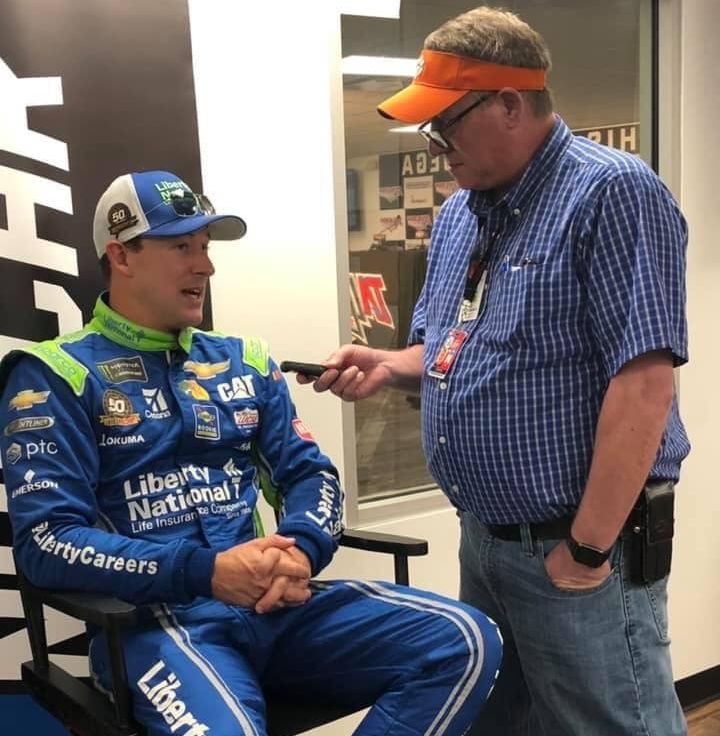In Memory of Tim Disspain
1970 - 2024

In Memory of Tim Disspain
1970 - 2024

Timothy James Disspain, 54, of Talladega, AL passed away on Saturday, January 04, 2025. A funeral ceremony will be held in his honor at 2:00 P.M. on Wednesday, January 08, 2025, at Usrey Funeral Home of Talladega with Tommy Strickland officiating. His family will receive friends at the funeral home from 12:30 P.M. until 2:00 P.M. prior to the service. Interment will follow directly after the service at Lincoln Cemetery.
Mr. Disspain was a native of Lincoln, AL and graduated from Lincoln High School in 1988. He retired from Coosa Valley Electric Co-Op after 25 years of service, and he was Baptist by faith. He was an avid Auburn University fan. He also loved NASCAR and even hosted a podcast called The Pit Stop.
He was preceded in death by his parents, Tommy and Marie Disspain.
Mr. Disspain is survived by his wife of 30 years, Suzanne Deese Disspain; brother, Joe Disspain; aunts, Mildred Trammell and Frances Bowman; uncle, Jim Disspain; mother-in-law, Ruth Helen Deese, and a host of nieces and nephews.
Aaron Pate, Mike Lloyd, Allen Perley, Marty Haynes, Leslie Matheson, and Donnie Sims will serve as pallbearers.
Employees of Coosa Valley Electric Co-Op will serve as honorary pallbearers.
Online condolences may be offered at www.usreyfuneralhome.com.
Usrey Funeral Home of Talladega is directing the services.
Visitation
12:30 pm - 2:00 pm
Wednesday, January 8, 2025
Usrey Funeral Home
516 North Street
Talladega, Alabama, United States
Funeral Ceremony
2:00 pm
Wednesday, January 8, 2025
Usrey Funeral Home
516 North Street
Talladega, Alabama, United States
Interment
Lincoln Cemetery
370 Griffin Ave. E.
Lincoln, Alabama, United States